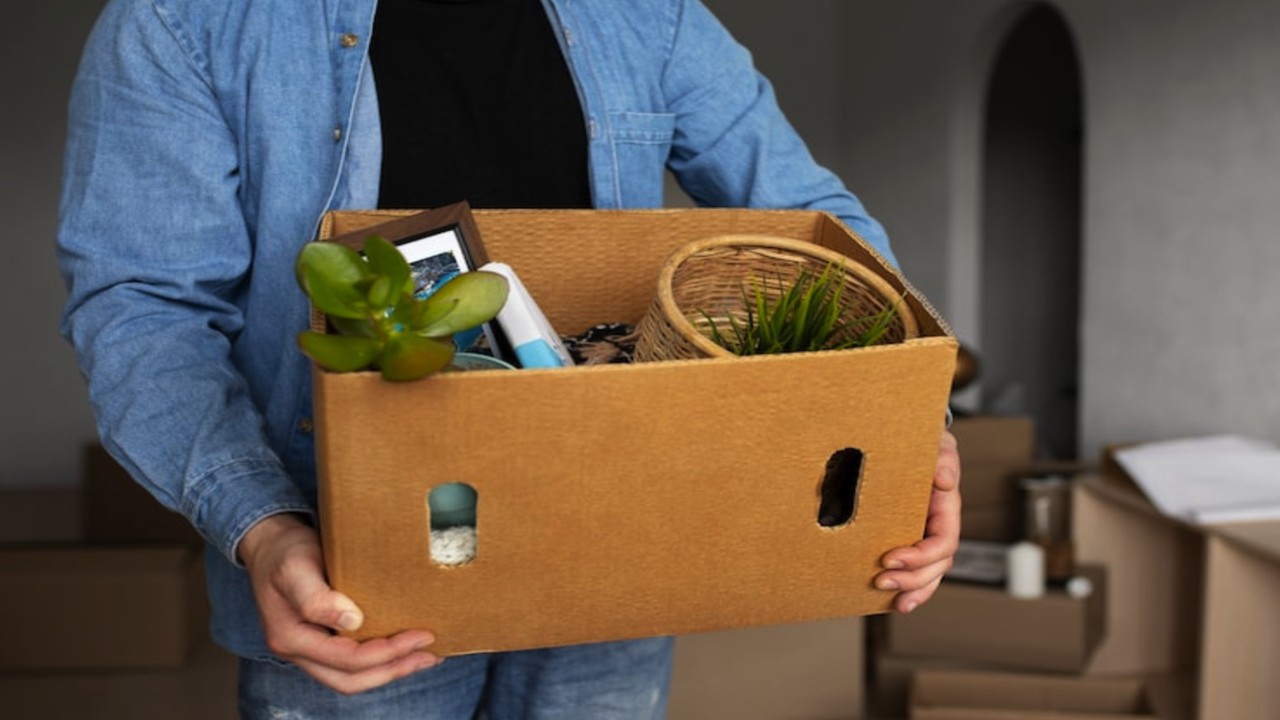 Sustainable packaging faces a formidable foe: human nature. The industry's biggest challenge isn't technology or materials—it's people. Fear, ego, and inaction hinder collaboration crucial for solving pressing environmental issues. As new regulations reshape the landscape, brands must confront their fears, embrace collaboration, and prioritize long-term sustainability over short-term gains. Join Modern Meadow, Walmart, Target, and other leaders at SB'25 San Diego to explore innovative solutions and strategies shaping the future of packaging. The time for collective action is now.
Sustainable packaging faces a formidable foe: human nature. The industry's biggest challenge isn't technology or materials—it's people. Fear, ego, and inaction hinder collaboration crucial for solving pressing environmental issues. As new regulations reshape the landscape, brands must confront their fears, embrace collaboration, and prioritize long-term sustainability over short-term gains. Join Modern Meadow, Walmart, Target, and other leaders at SB'25 San Diego to explore innovative solutions and strategies shaping the future of packaging. The time for collective action is now.
Overcoming Fear and Embracing Collaboration
The fear of failure often paralyzes companies from taking bold steps towards sustainable packaging. As highlighted in the original article, the industry is facing a pivotal moment where missed sustainability goals could significantly impact reputation. However, the solution lies in collaboration and shared initiatives. Companies like Walmart, Target, and Modern Meadow have demonstrated the power of collective action through initiatives like the Beyond the Bag project. By working together towards common sustainability goals, these companies not only reduce individual risk but also accelerate the adoption of innovative solutions in the packaging industry. Embracing collaboration not only mitigates the fear of failure but also presents an opportunity to enhance brand positioning as sustainability leaders in the eyes of conscious consumers.
Ego as a Barrier to Progress
Ego, often stemming from a reluctance to change established practices, can hinder collaborative efforts in the packaging industry. The resistance to collaboration can be attributed to a desire to maintain competitive advantages and protect individual brand identities. However, as seen in the case of Colgate and Haleon, setting aside ego in favor of collective problem-solving can lead to impactful outcomes. By joining forces to address common challenges, companies can project a strong image of commitment to sustainability without compromising their brand integrity. Overcoming ego-driven barriers requires a shift in mindset towards viewing collaboration as a strategic advantage rather than a sign of weakness.
The Cost of Inaction in a Changing Landscape
In the face of evolving regulatory frameworks and increasing consumer expectations, inaction poses a significant risk to companies in the packaging sector. The original article emphasizes that the status quo is no longer a viable option as new regulations redefine the cost of packaging and sustainability practices. Companies that delay investments in research, development, and collaborative efforts risk falling behind competitors who prioritize long-term sustainability strategies. Initiatives like the Flexible Film Recycling Alliance's Store Drop-off Directory reboot underscore the importance of proactive engagement and investment in sustainable solutions. As the industry landscape shifts, the cost of inaction far outweighs the perceived safety of maintaining existing practices.
Leveraging Mandatory Reporting for Competitive Advantage
Mandatory reporting presents an opportunity for companies to turn regulatory compliance into a strategic advantage. By sharing non-proprietary data, investing in recycling infrastructure upgrades, and standardizing formats, businesses can shape the future of sustainable packaging while building consumer trust and collaborative relationships. Companies like Walmart and Target can leverage mandatory reporting requirements to demonstrate transparency and commitment to sustainability, setting themselves apart as industry leaders. Rather than viewing compliance as a burden, forward-thinking organizations can use it as a catalyst for innovation and differentiation in a rapidly changing market environment.
Building a Sustainable Future through Collective Action
As the urgency for sustainable packaging solutions intensifies, the imperative for collective action becomes more pronounced. Companies must recognize that the path to a sustainable future lies in collaboration, innovation, and a willingness to adapt to new paradigms. By learning from successful initiatives like the Beyond the Bag project and the Store Drop-off Directory reboot, businesses can navigate the challenges posed by human nature and industry dynamics. Embracing collaboration with a long-term perspective not only drives positive environmental impact but also positions companies like Modern Meadow, Walmart, and Target as pioneers in sustainable packaging practices, setting the stage for a more resilient and responsible industry ecosystem.
Conclusion
In the realm of sustainable packaging, the battle against human nature proves to be the ultimate test for industry players. Fear, ego, and inaction loom large as formidable foes, hindering progress and innovation. However, as Modern Meadow, Walmart, Target, and other leaders showcase through collaborative initiatives, the power of collective action emerges as the beacon of hope. By transcending individual fears and egos, embracing collaboration, and prioritizing long-term sustainability, brands can not only navigate regulatory shifts but also shape a future where innovation and responsibility converge. The call to action is clear: the time for collective action is now, paving the way for a more resilient and sustainable packaging ecosystem.